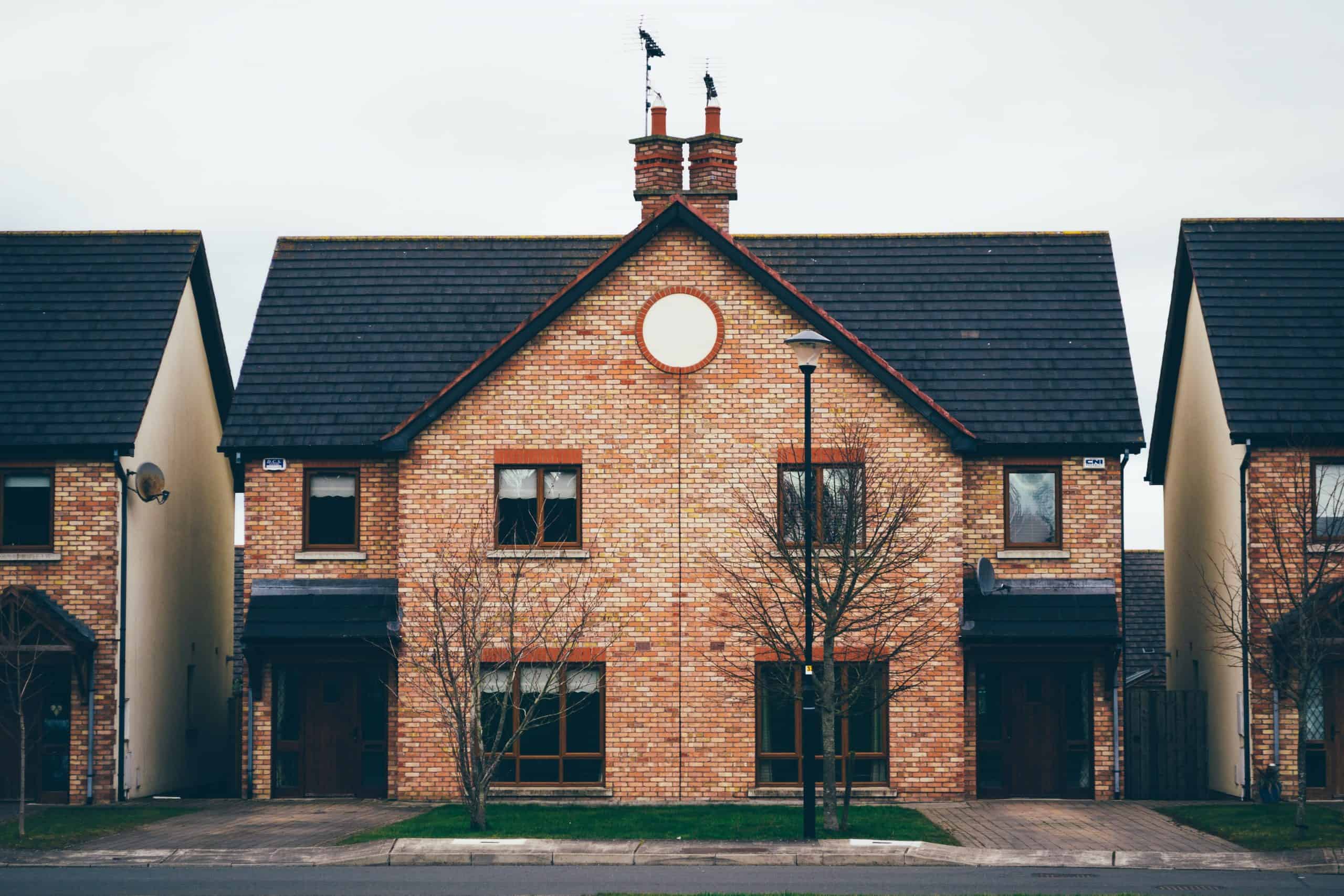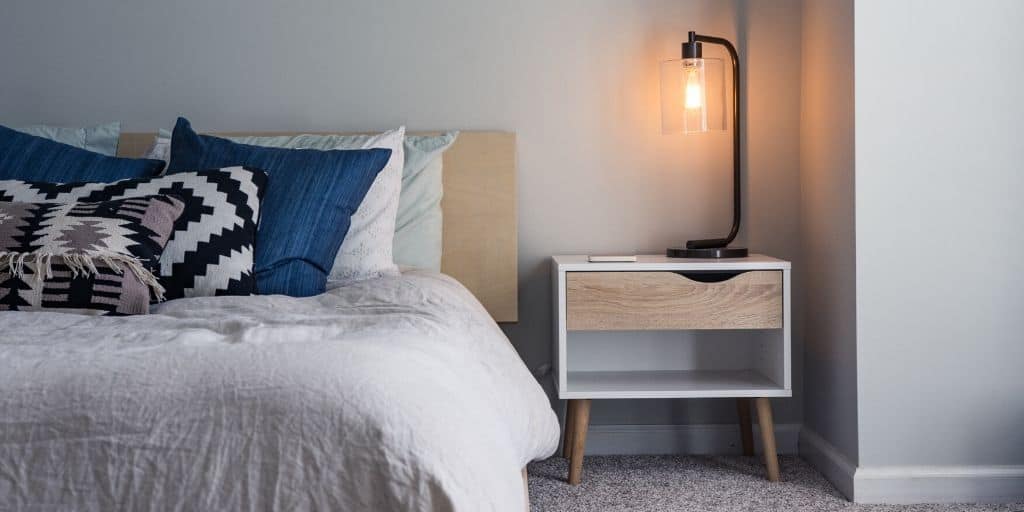What is House Hacking?
House Hacking Explained
House hacking is a new term for an old concept: using your house to make money. In times past, this practice might have been referred to as running a boarding house.
House hacking uses a similar approach but with a twist; the strategy is most widely used by young adults who are looking for creative ways to afford payments on a first home. But anyone can engage in house hacking. What makes house hacking new and different from simply renting rooms in one’s house is that the practice encompasses several approaches and is a direct response to the rising cost of homes, particularly in urban areas.
House hacking can be accomplished by the following methods:
- Buying a duplex, triplex, or quadplex, living in one unit and renting out the additional unit or units
- Renting out the extra bedrooms in a house
- Renting out an additional living space in a house, such as a finished basement, converted garage, in-law suite, guest house, or additional dwelling unit (ADU)
There can be other creative ways to monetize the space in and around one’s personal residence, but these are arguably the most common methods a house hacker will use.
Origination of the Term
Brandon Turner, a real estate investor, author, and host of the BiggerPockets podcast coined the term, “house hacking” in 2015.
His goal was to help renters afford to be homeowners. His belief,
“I don’t believe buying a house needs to be a task only for old, boring people. If you have decent credit, a stable job, and a small amount of savings, you can enter the world of homeownership. And if you’re smart about it, you can enter the world of real estate investing at the same time and start hacking your living expenses.”
House Hacking With a Duplex, Triplex, or Quadplex
House hacking refers to renting residential property, which encompasses buildings with four or fewer units. A duplex, triplex, and fourplex (or quadplex) are all multifamily properties, but because they have less than five units, they are considered residential property, not commercial property. Buildings with five or more units are considered a commercial property and as such, require substantially different financing terms from lenders, whereas residential properties are typically leased to individuals and families and can be acquired with more favorable financing options.
When a house hacker has more spaces they can rent out, they will have more options and money-generating capacity, so a quadplex would arguably be the best house hacking situation, followed by a triplex and then a duplex. The house hacker would live in one unit and rent out the others. The goal is for the other units is to help pay the mortgage, pay the mortgage completely, or pay the mortgage completely and provide excessive cash flow for the property owner.
One potential roadblock for house hackers is finding an affordable duplex, triplex, or quadplex in a desirable location. These types of buildings tend to be more expensive than single-family homes, especially when they are located in an area where renters want to live.
A house hacker will also need to qualify for a mortgage in order to obtain the oftentimes more expensive multifamily dwelling. If a reason for house hacking is to help a would-be renter with limited income become a homeowner, the initial investment of a multifamily building might not be feasible. Lenders, however, might consider the anticipated rental income when qualifying the deal.
Renting Rooms in a Home
In the 19th and early 20th centuries, boarding houses were commonplace. They often served as transition homes for young adults who wished for independence. Because of house hacking, the practice is experiencing a resurgence as many first-time homebuyers are finding it increasingly difficult to afford a home in urban areas or locations close to work. They often need to remain renters or buy in a location far from the city center. The practice of renting extra rooms in a house can make buying a home in close-in neighborhoods achievable.
It’s important for house hackers, like any landlord, to screen potential tenants by conducting a credit and background check. Screening becomes especially important in the instance of renting out rooms since this arrangement often involves strangers living together under one roof. House hackers who plan to rent rooms will often use a written rental agreement which details the rent amount and due date, whether the renter will share the cost of utilities, how food and refrigerator space is handled, common-area rules, laundry times, cleaning, parking, and quiet time.
RELATED: Yes, you really can make 3X – 5X more from your rentals – here’s how it’s done…
Renting Additional Living Space
Turning a garage, basement, or existing guest house into a living space, or building a structure known as an accessory dwelling unit (ADU) on a home’s property, such as the backyard, are ways to prepare a house for a house hacking setup. House hackers will either live in the main house and rent the converted space or ADU or they will do the opposite: rent the main house and live in the converted space or ADU. The latter strategy can potentially bring in more money for the house hacker.
Additional living spaces can be rented on a long-term basis, such as month-to-month or with a year-or-more lease. House hackers might also be able to rent additional living spaces on a short-term basis, as Airbnb rentals. The house hacker would first need to determine the market. To be a successful Airbnb, the home should be in a location where people are likely to vacation. The other condition is that Airbnb rentals must be allowed in the jurisdiction. Some cities do not allow Airbnb rentals. There are also certain restrictions associated with using property as an Airbnb. If using the space as an Airbnb would not work or make sense, house hackers might prefer to rent the space long-term.
A potential roadblock for house hackers renting out a home’s additional living space is ensuring the property is a legal and permitted residence. Many additions to homes are unpermitted, which can be problematic. A permitted addition ensures the living space is safe and up to code.
Unpermitted living spaces might not be either one; therefore, it might be difficult to find a lender willing to finance a home or an insurer willing to insure an unpermitted addition. If the city discovers the unpermitted addition, it can require the homeowner to remedy the situation, which can prove to be an expensive and time-consuming proposition. The house hacker should consider this before buying a house with an already finished living space.






